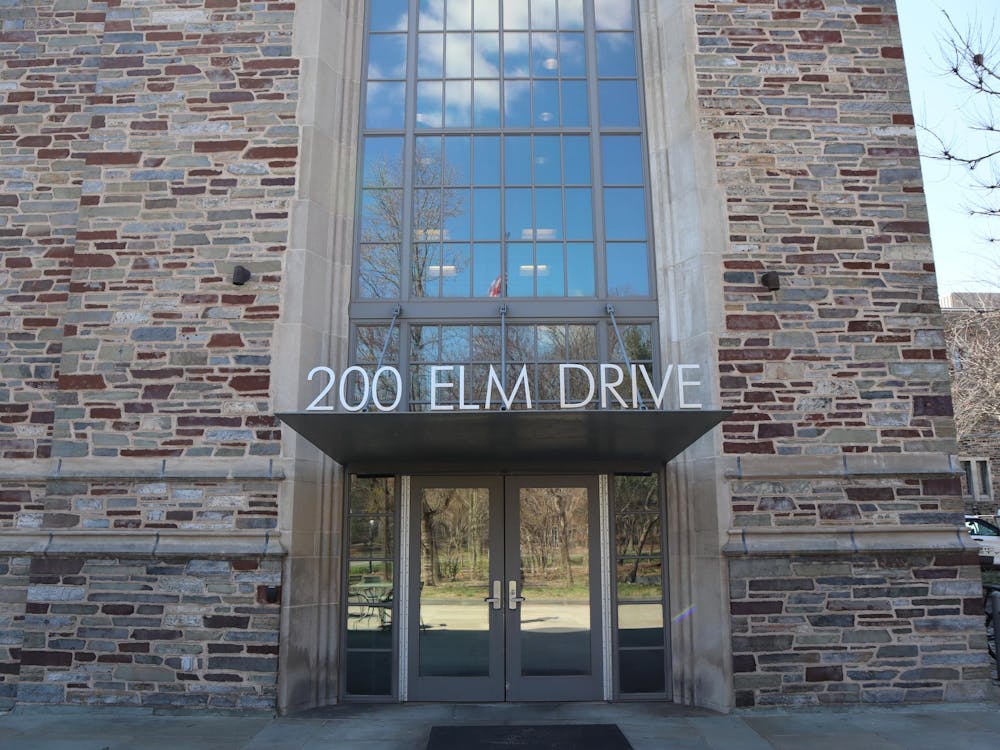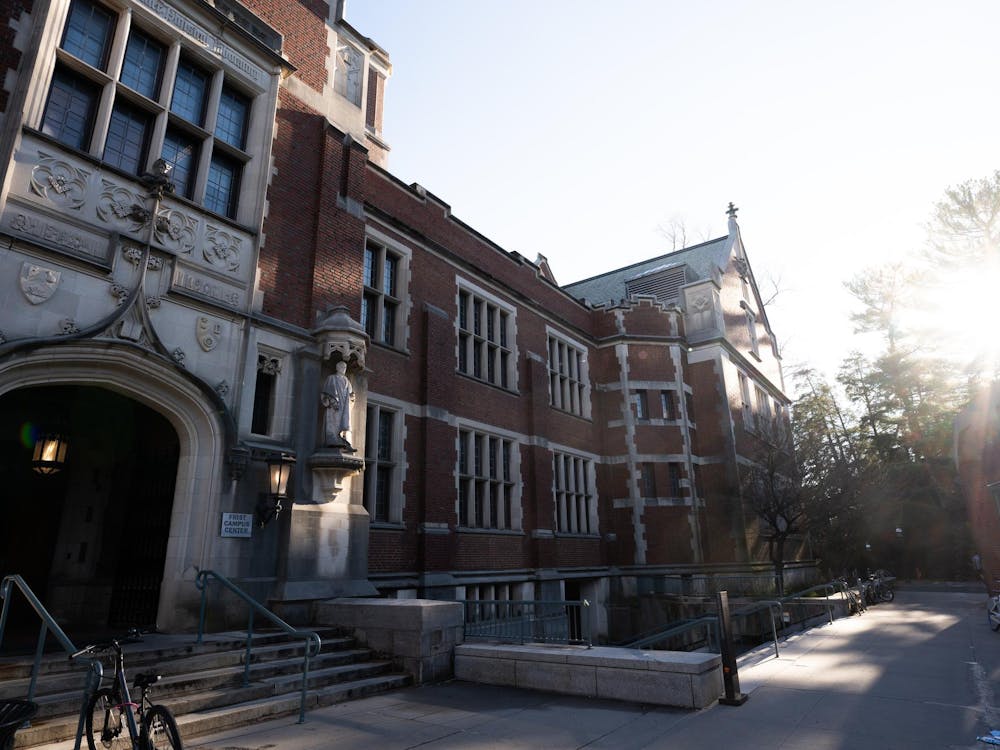Four freshmen convened at the American Whig-Cliosophic Society's annual Frosh Senate Debate on Tuesday to debate whether the University should add a distribution requirement on the history of marginalized people.
The Whig side, which argued in support of the requirement on the history of marginalized people, won the debate 20 to 17 after attendees and debaters voted.
One of the demands made by the Black Justice League during the sit-in in November was to add a distribution requirement about the history of marginalized people. BJL members will be attending a meeting with the Task Force on General Education to discuss the possibility of this distribution requirement.
President of the senate Jack Reed ’16 noted that the views purported by each side of the debate do not necessarily reflect the views of the debaters.
Maya Aronoff ’19, arguing for the Whig side, said that exposure to these kinds of classes and therefore cultures and narratives that are different from what students have grown up with is inherently valuable in part because it increases knowledge about groups and their history.
Aronoff said that this increased knowledge makes students less likely to discriminate against those groups and act in ways that perpetuate that discrimination.
Due to Whig-Clio's press policy, The Daily Princetonian was not able to use quotes or statements from the debate, only interviews after the event.
“If you really don’t want to [take the diversity class], take a hip-hop class and [pass/D/fail] it,” Aronoff said. “That’s still valuable.”
On the Clio side, Shea Minter ’19 said that the backlash and negatives of the diversity distribution requirement are problematic.
“I think everyone here firmly believes that something needs to be done on campus, but what Sinan [Ozbay ’19] and I believe is that the majority of people are just going to see this as a requirement, an additional class they have to take, an opportunity cost but instead of a writing sem[inar] professor, or institution or subject that’s getting blamed, it’s a group of people which itself is harmful,” Minter said.
Ozbay, who was also on the Clio side of the debate resolution, was not available for comment after the debate.

Minter also said that adding the diversity requirement is not enough to combat the problem of discrimination on campus, saying that the campaign needs to be more aggressive and more about sparking genuine interest than forcing people to do things.
“It kind of trivializes the issue when you’re saying we solve the issues by adding the diversity requirement and now everyone’s culturally aware,” Minter said.
Rebekah Ninan ’19, who argued for the Whig side, said the points she and Aronoff advanced are not about simply about pushing a certain ideology but are about advancing knowledge on campus in a holistic sense.
“I think that that can be seen in the fact that it’s something every student has to take, it’s not just white students learning about these issues,” Ninan said.
Opening statements for each side from Aronoff for Whig and Minter for Clio lasted seven minutes each. Reed then opened the floor to debate where attendees could make floor statements, ask questions of the debaters and counter each other. The remaining freshmen debaters finished the event with Ninan and Ozbay each concluding with four-minute speeches.
The debate took place at 7 p.m. in the Whig-Clio Senate Chamber.








